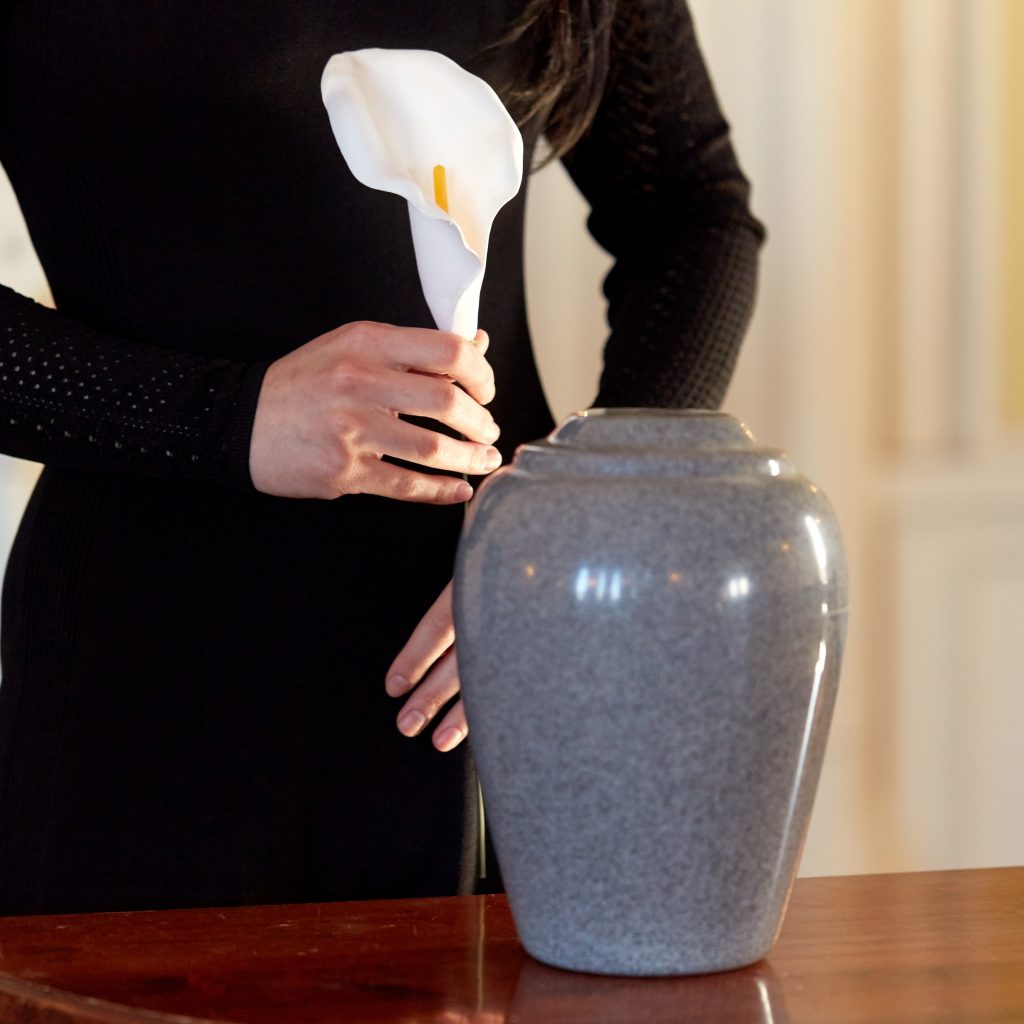Authorizing a Cremation

Michigan law requires that a cremation must be authorized by a legal next of kin. Generally, the next of kin is easily identifiable.
The next of kin is the surviving person or persons listed in the following order: 1) Spouse; 2) Children; 3) Grandchildren and thereafter the issue of; 4) parents; 5) Siblings; 6) Nieces and Nephews; 7) Great Nieces and Nephews and thereafter the issue of; 8) Grandparents; 9) Aunts and Uncles; 10) First cousins and thereafter the issue of
In all cases the next of kin must have reached the age of majority to exercise his/her right to authorize a cremation. Minor children have no authority.
When getting authorization signatures from levels of next of kin in which there are several individuals, Michigan law requires a majority of signatures of relatives of equal kinship.
In other words, if you are a single parent and have four adult children, three of the children must sign to authorize the cremation.
Contrary to what many people think, in Michigan there is no common law marriage. Long time partners have no rights to authorize a cremation unless there is a marriage license.
In the event that a child has died, both parents must authorize a cremation.
If a person has stated in his/her will that they wish to be cremated, we still need to obtain authorization from the next of kin to proceed with the cremation. Stating that cremation is the desired method of final disposition in a will is nothing more than stating a wish.
Sometimes people think they can authorize a cremation because they have power of attorney. What they don’t realize is that power of attorney ceases at death.
In the State of Michigan, you can name a Personal Funeral Representative. This form picks up where a power of attorney designation stops in matters pertaining to a person’s funeral and/or cremation. The appointment must be made while the appointer is of sound mind and must be witnessed by either a notary public or two independent witnesses.
If finding a next of kin to authorize a cremation might be problematic at the time of your death, you might consider appointing a Personal Funeral Representative.
